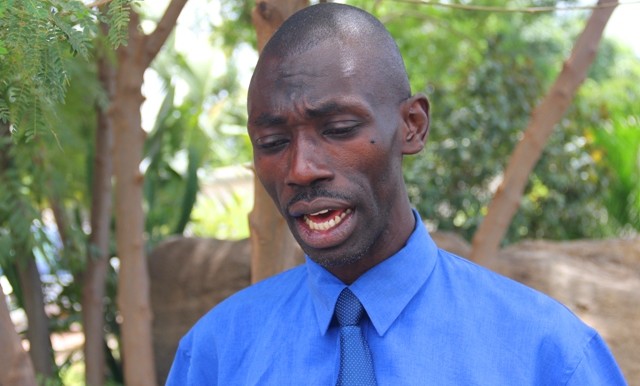The Community Empowerment for Progress Organization has published a list of priorities for South Sudan’s new transitional government of national unity to tackle. The priorities were generated by ordinary citizens during public gatherings organized by CEPO, the group said.
CEPO said president Salva Kiir and first vice president Riek Machar must first take compromise to solve outstanding issues associated with the constitutional amendments in timely manner and compromise on the position of the national parliament speaker.
The group further said the transitional government must make a resolution on the economic situation of the country and especially in the terms of revenue control and financial management, while ensuring that the armed groups adhere to the ceasefire and transitional security arrangements.
“TGoNU partners should ensure that strong military leadership is in place for controlling some of the military individuals that may trigger problems or offers noncompliance to military arrangement and practices under the provisions of the peace agreement,” CEPO added.
The group also urged the new government to begin negotiations with other armed groups in South Sudan to achieve absolute peace, while also releasing all political detainees as a symbol of forgiveness.
The government should also ensure that humanitarian access is free from any form of obstacles, CEPO said based on demands of the public.
The transitional government should start the process of the reconciliation, healing and accountability immediately, CEPO added.
Meanwhile, CEPO described the formation of the new government as “great and remarkable.” CEPO executive director Edmund Yakani said the new government is the beginning of a new chapter of forgiveness, reconciliation, and effective delivery of services to citizens, but lamented the low representation of women in the cabinet.
“Affirmative action requires 7 female ministers, only 6 female ministers appointed. On the other hand the affirmative action requires 2 deputy female ministers only 1 deputy female appointed,” Yakani said. This is not motivating.”




